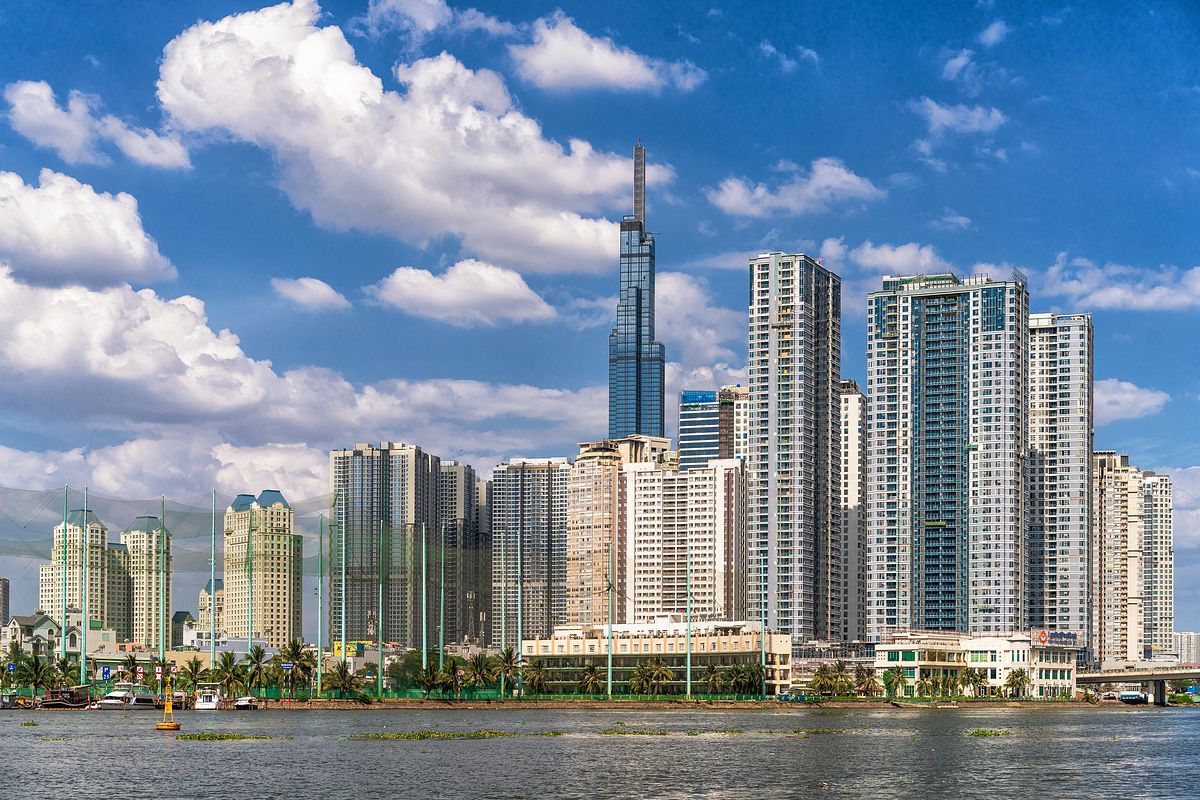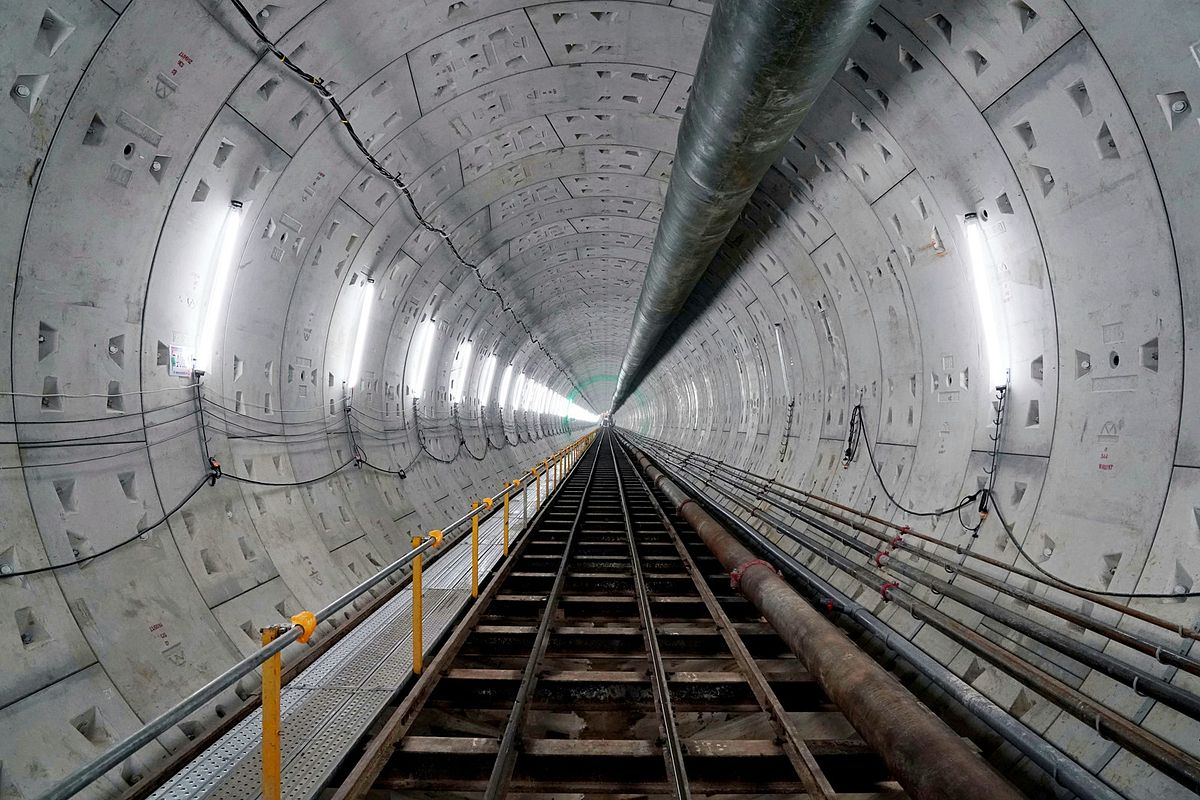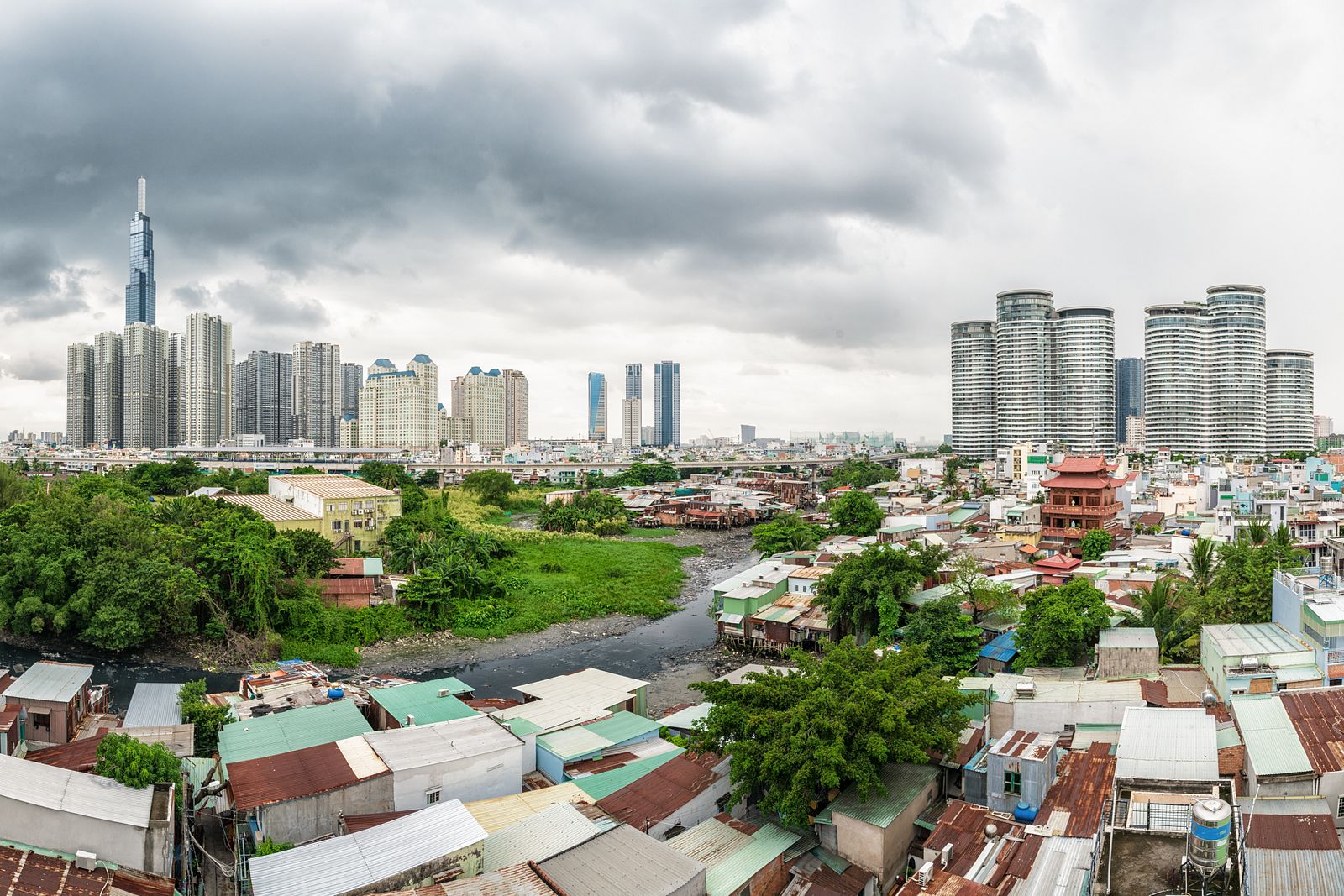The southern metropolis landed in the 47th spot on the annual Safe Cities Index.
Saigon tied with Bangkok on The Economist's list that looks at 57 qualitative and quantitative factors across four broad safety categories for 60 of the world's largest cities. The categories include digital, infrastructure, health and personal.
Within Southeast Asia, Saigon's cumulative 57.6 on a scale of 100 placed it only ahead of Jakarta and Yangon, but its overall rank moved up by nine spots from last year and 13 compared to 2017.
Saigon scored particularly poorly when it comes to digital security, which the report defines as "the ability of urban citizens to freely use the internet and other digital channels without fear of privacy violations or identity theft." Saigon also scored 49th for health security, which looks at air and water quality, life expectancy, ease of access to medical services and how development decisions impact the above. Despite mounting frustrations regarding the perpetually delayed metro lines, it placed 43rd for urban development in part because of its urban renovations and growth in all directions.
The report, which was launched in 2015, argues that since 56% of all people live in cities, a number that will increase to 68% within 30 years, providing safety to inhabitants will be a key element in their positive development. Among other observed trends, it notes that cities tended to perform similarly across the categories, suggesting they impact each other or reflect permeating issues. It also notes that a strong economy is important for safety, but for more complex reasons than one would expect, while transparency remains important for all categories
The top three cities haven't changed since the index was founded; they are, in descending order: Tokyo, Singapore and Osaka, followed by Amsterdam and Sydney. Saigon was the only city in Vietnam to be included.














